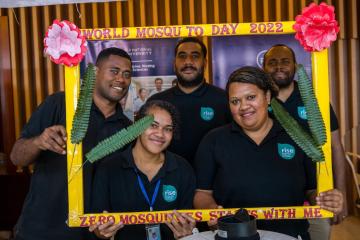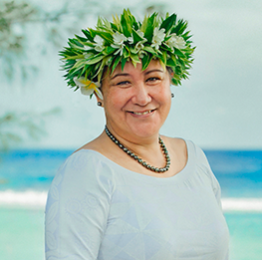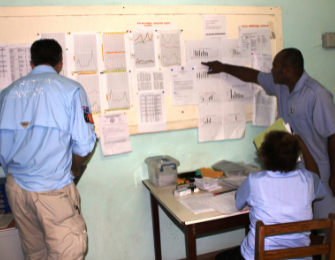Vector-borne disease control programs (VBDCP) in the Pacific currently rely on detecting symptomatic cases of malaria and dengue, rather than surveillance which results in reactive or delayed vector control responses to outbreaks.
At the end of this project, PacMOSSI, vector control officers in a minimum of five countries will be using best practices and applying operational research to improve their work, contributing to improved data collection and surveillance. Target countries will also have better access to the latest vector control technologies, including tools to evaluate intervention efficacy.
Improved mosquito surveillance and control in participating Pacific Island countries and Timor-Leste will prevent mosquito-borne diseases such as malaria and dengue before they become widespread. How the project will do it: In close consultation with partner governments, PacMOSSI will work with VBDCP to develop country-specific workplans that address the gaps identified in each country’s vector control.

As part of these workplans, PacMOSSI and the partner governments will develop processes for evidence-based national surveillance and control for sustained vector control, containment and outbreak responses. Training will be tailored according to workplans and provided to VBDCP staff.
The training may include modules on vector surveillance and control best practices, mosquito species identification and insecticide resistance testing. Staff will also be trained to use a web-based data management system that will be implemented to support country and regional mosquito surveillance.
In response to COVID-19, PacMossi has shifted to remote training as much as possible.
Learn more:
- Read a profile of project leads Dr Tanya Bennett and Dr Amanda Murphy.


